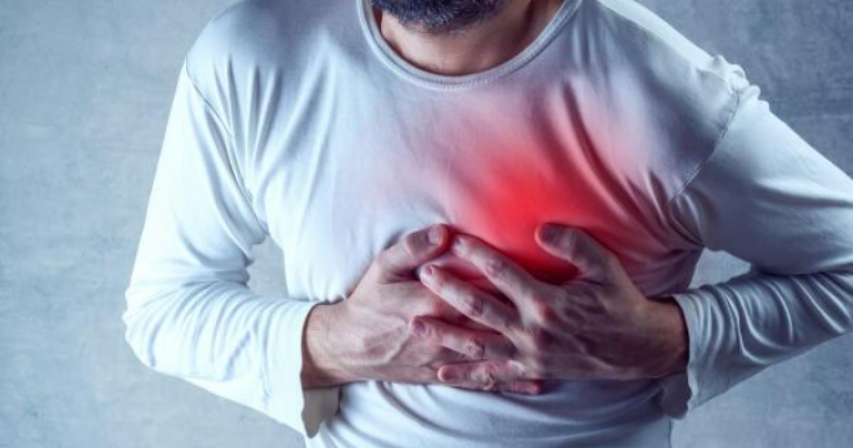UAE residents call for first aid education, say it is difference between life and death

In a heartfelt plea, Dubai resident M.J. recounted one of the most harrowing days of his life when his father suffered a heart attack at home earlier this year. "I was in the bathroom taking a shower when I heard a thud," M.J. recalled. "I peeked out and found my father lying on the floor. I rushed out and checked on him, but he was not responding. I quickly called the emergency services."
Tragically, by the time the ambulance arrived, M.J.'s father had succumbed to a massive cardiac arrest. "I can't stop thinking about how things would have been different if I was with him as soon as he suffered chest pain or if I knew basic first aid to keep him alive until the ambulance arrived," he lamented.
M.J.'s father is among many who might have survived with timely first aid intervention. A 2019 YouGov survey of over 1,000 UAE residents revealed that only 24% were trained in cardiopulmonary resuscitation (CPR) and just 33% possessed basic first aid skills.
Experts underscore the life-saving potential of timely first aid. "Administering first aid to a patient with cardiac arrest within one minute can increase the survival rate by 40%," stated Dilip Heble of Gayo Fitness Academy in Dubai. As a first aid trainer since 2009, Heble has trained over 1,000 people globally. "Every one-minute delay increases the risk of death by 10%."
The call for more UAE residents to learn first aid is growing, driven by stories of those who have made a significant difference. One such hero is nurse Priscilla Bency. Last year, she was on a public bus heading home after her shift when an elderly co-passenger suffered a heart attack. Despite initially thinking the man was dead, Bency administered CPR and ultimately saved his life.
"As soon as a passenger alerted us that the man was slumped in his seat, I rushed to his aid," Bency recalled. "I couldn't get a pulse, and his breathing was very shallow, but once I started performing CPR, he began to respond." She continued the life-saving procedure for over 20 minutes until emergency responders arrived. The man, a vegetable seller, had felt uneasy at work and was on his way home when he collapsed. "If I hadn't been there, and if CPR hadn't been performed, he would have died before the first responders arrived," Bency said. "In an emergency, every second counts. If more people knew basic lifesaving skills, it could save hundreds of lives."
Dr. Zeynep Zehra Gumus, an internal medicine specialist at Aster Royal Clinic, emphasized the importance of basic lifesaving skills. "In an age where every second counts, equipping the general public with basic lifesaving skills has never been more crucial," she said. "Trained bystanders who step in to stabilize victims until professional help arrives can significantly boost survival rates and mitigate the severity of injuries."
Dr. Gumus highlighted that communities proficient in lifesaving techniques are inherently safer. "This collective preparedness fosters resilience, ensuring help is always at hand when disaster strikes," she noted. "It's a societal asset that enhances public safety. Moreover, widespread education in lifesaving skills supports and complements the efforts of emergency services. By bridging the gap before professionals arrive, these trained individuals provide a critical lifeline, ultimately strengthening the entire emergency response system."
Dilip Heble pointed out that first aid skills are relatively easy and quick to learn. "It takes about six hours for a group of 15 trainees to learn the principles of first aid," he explained. "They can learn how to treat injuries, stop bleeding from arteries, veins, or capillaries, apply bandages, administer CPR, and use a defibrillator."
These skills are particularly relevant in the UAE. "In this country, about 30 to 70 percent of the population suffer from cardiovascular disease, and 20 percent of adults smoke," Heble said. "Thus, first aid is very relevant in the UAE and can be taught in schools and colleges as well."
The push for greater first aid awareness and training continues to gain momentum, driven by stories of lives saved and lost. As more residents become equipped with these essential skills, the potential to save lives and create safer communities grows exponentially.
By: Sahiba Suri





Comments